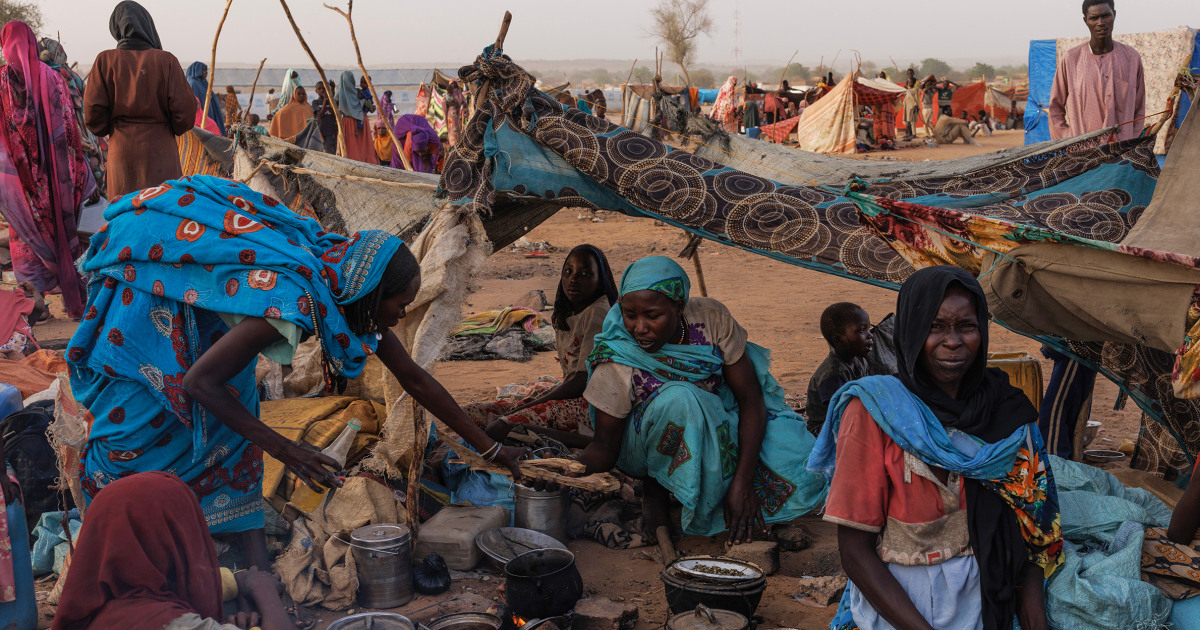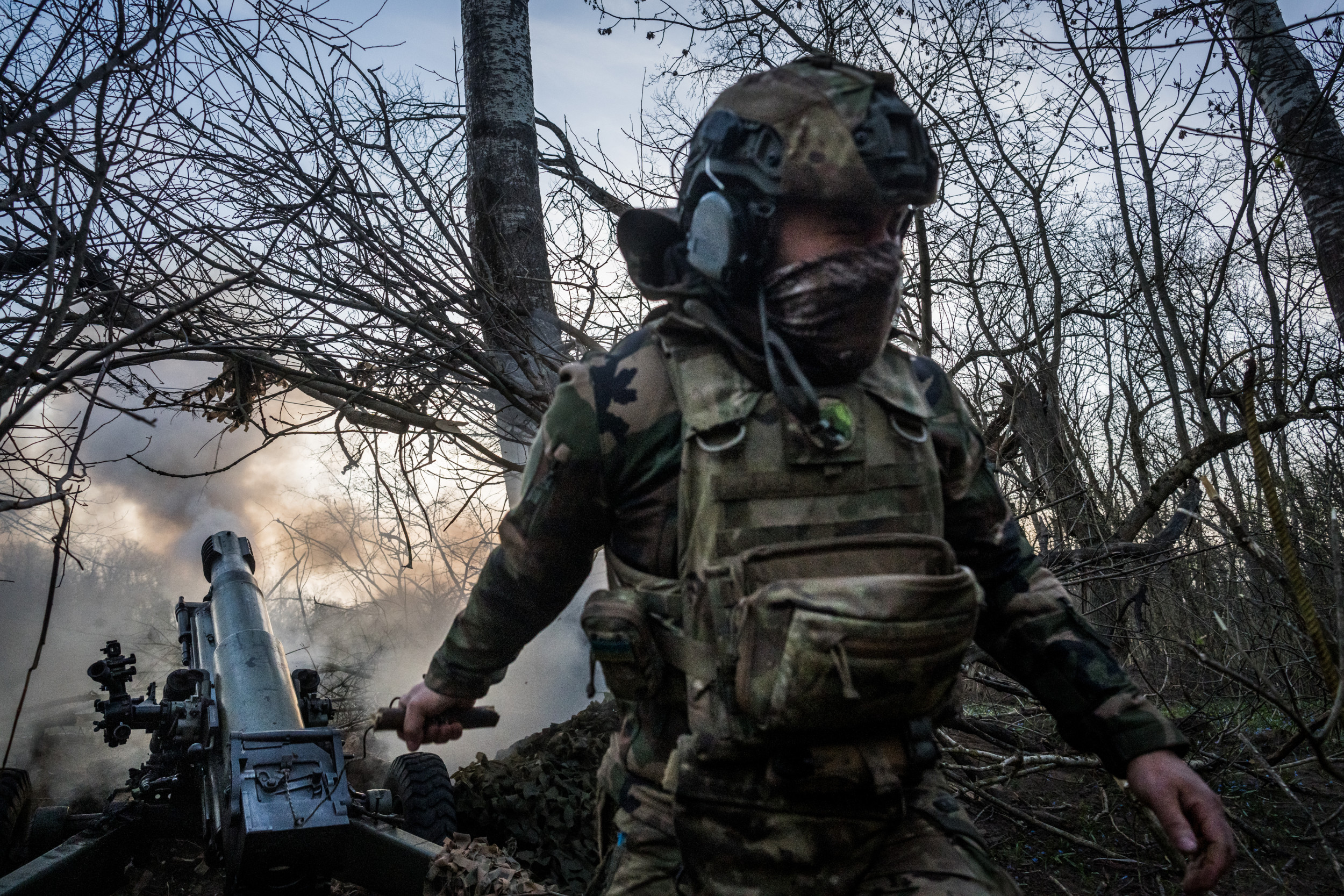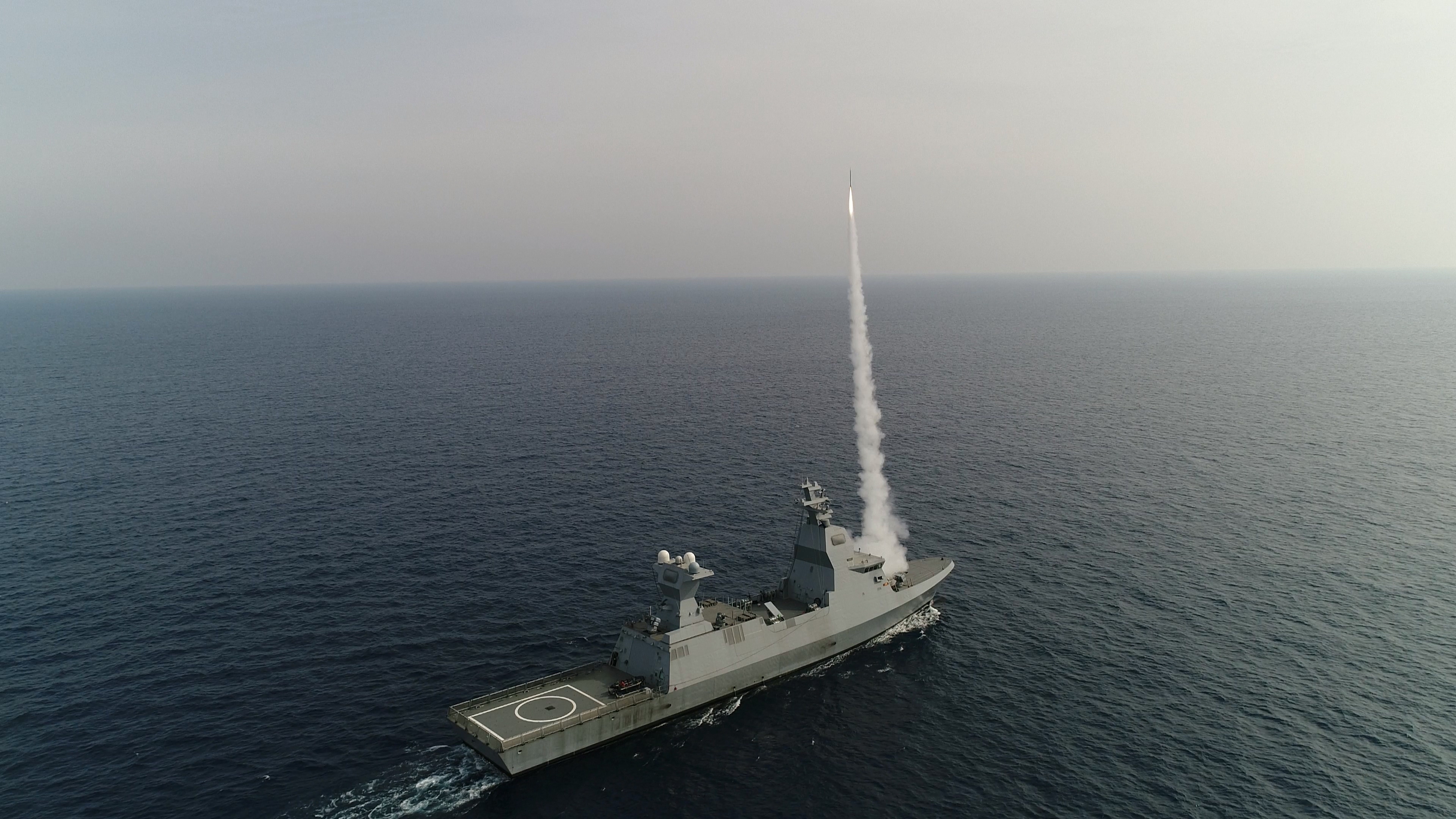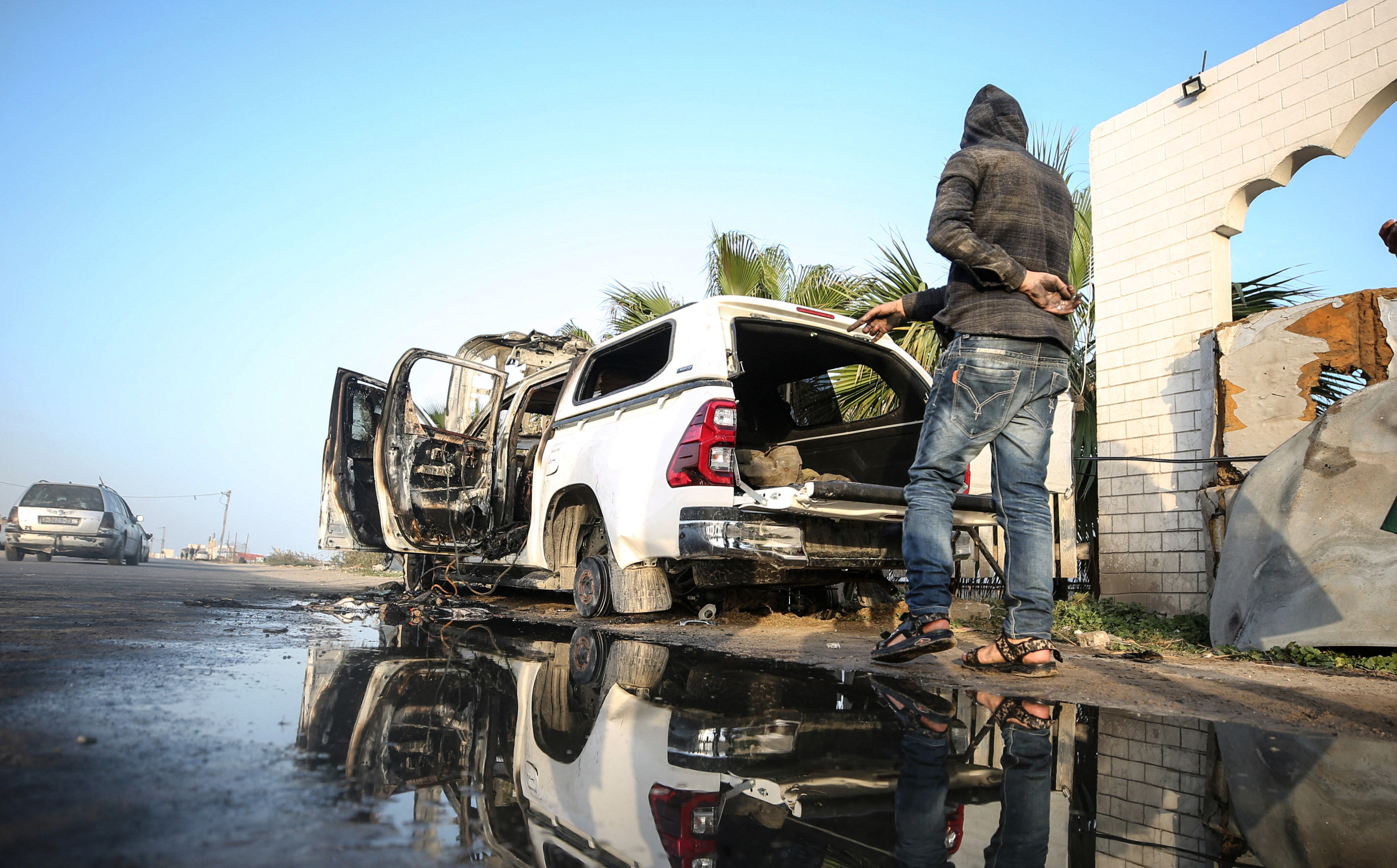Inside the city, “there is no food in the markets, no access to health care, no access to nutrition centers,” said Dr. Gillian Burkhardt, an American obstetrician-gynecologist who completed a two-month stint at a hospital in El Fasher at the end of April working with Médecins Sans Frontières (MSF), the international aid organization also known as Doctors Without Borders.
Her husband, Paul Clarke, an MSF logistics team leader who left El Fasher last month, said moving humanitarian supplies into the city is immensely difficult.
Because it has no functioning airports, Clarke said, semitrucks filled with ready-made meals from neighboring Chad take a month to reach the city.“That’s the best-case scenario,” he said, adding that the supplies were a “drop in the ocean,” compared to the overall need.
MSF said last week that all activities at the city’s South Hospital were suspended after RSF soldiers looted the facility and stole an ambulance.
Janjaweed roots
The RSF is a successor to the Janjaweed, an Arab militia backed by the Sudanese government that the U.N. accused of perpetrating ethnic cleansing in Darfur between 2003 and 2005.
Its senior leaders are still being prosecuted decades later in the International Criminal Court on charges of genocide and war crimes against rebel groups in Darfur, which were fighting against what they said was government oppression against the non-Arab population and later ethnic cleansing against Black African villagers.
The “DNA” of the conflict in Darfur of 20 years ago is still present in the fighting today, according to Omer Ismail, who served as acting foreign minister in Sudan’s transitional government before the military coup.
But he cautioned that “this war is more ferocious.”
“The atrocities that were committed in this war, it is unlike anything that Sudan has seen before,” said Ismail, who now works as a researcher for the Yale Humanitarian Research Lab at the university’s School of Public Health.
His comments came after a report from the lab earlier this month concluded that the RSF has been “systematically destroying civilian dwellings” in areas that have a significant population of Zaghawa, an ethnic minority in Darfur.
The report says “this represents the first specific evidence of potentially ethnically motivated alleged targeting inside El Fasher by RSF.”
Reports this year from the U.N. Panel of Experts on Sudan and Human Rights Watch have also accused RSF soldiers and allied militias of targeting the minority Masalit community during fighting last year in West Darfur. The reports included evidence of systematic executions and widespread sexual violence.
Ismail, 65, who was born in El Fasher, said members of his own family have been displaced from the city by the recent fighting.
If ethnically motivated clashes are happening, he added, “a lot of people are going to die, unfortunately, because there are a lot of civilians in El Fasher and the villages surrounding.”
While most analysts and observers say the RSF bears the most responsibility for the targeting and killing of ethnic minorities in Darfur, the military has nonetheless come in for criticism.
In a statement following a U.N. Security Council meeting on Sudan last month, U.S. Ambassador Linda Thomas-Greenfield accused the Sudanese Armed Forces of systematically obstructing “lifesaving aid, starving millions of innocent civilians caught in the middle of this war.”
International response
International efforts to stop the fighting in Sudan have been severely limited.
The U.S. has been urging both sides to engage in cease-fire talks, and it has placed numerous individuals and companies supporting both sides under sanctions.
On Thursday, the Security Council passed a resolution demanding a cessation of hostilities on all sides and calling for the RSF to end the siege of El Fasher.
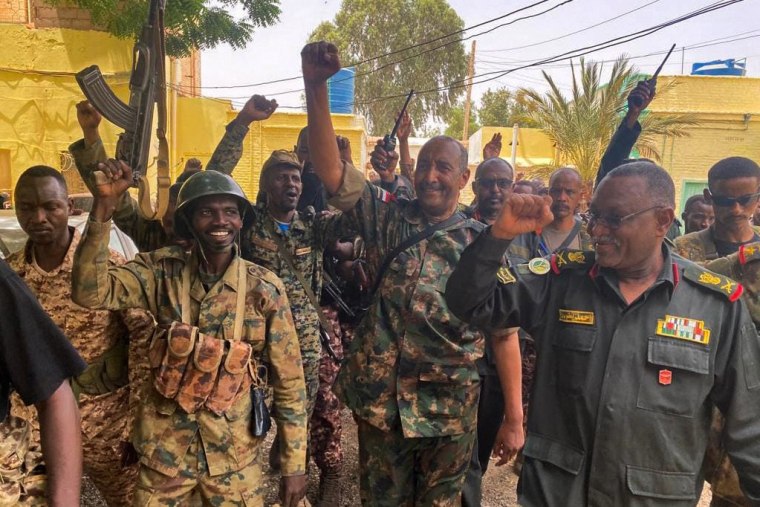
International Criminal Court Prosecutor Karim Khan announced in a video message Tuesday that he was launching a new campaign to gather evidence of atrocities currently being committed in Darfur.
“I am extremely concerned about allegations of widespread international crimes being committed in El Fasher and its surrounding areas as I speak,” he said without specifying whom he was investigating.
The Sudanese government, the military and the RSF have not responded to NBC News’ requests for comment.
As battles continue to rage across the country, including in the country’s capital of Khartoum, the fighting shows little sign of abating.
Ismail was nonetheless hopeful for his home nation.
“I’m sure Sudan will come out of this,” he said. “I just hope that these dark days will be short, this war will end soon, and that the world will help us.”




